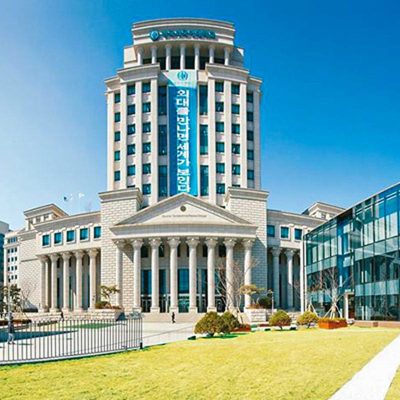By: Professor. Satoshi Ikeuchi, Professor, Global Security and Religion, University of Tokyo.
Election is an integral part of democracy. If the public cannot demand accountability from leaders at the ballot box, failed leaders will not accept failure and will not change their policies, hence incurring disasters to the nation.
Having elections too often, however, may cause side effects. In order to win elections, leaders may intentionally drive wedges in society to delegitimize the opponents. Leaders tend to conduct hardline policies to strengthen the unity and solidarity of their supporters.
Turkey is a long-standing and advanced democracy and democracy’s negative side is also advanced.
Since 2014, Turkey has held at least one nation-wide election or referendum a year.
On March 30, 2014, municipal elections were held throughout Turkey. On August 10, a direct vote for the election of president was held for the first time and the then Prime Minister Erdogan took the presidential office and ruled on the uncertain constitutional basis.
On June 7, 2015 Turkish people voted for general elections of the Grand National Assembly, or the Parliament of Turkey. The ruling AKP could not win a decisive victory and the coalition talk went into a standstill. Re-voting was held on November 1.
Between the first vote and the re-voting, Turkey’s intervention in the civil war in Syria was expanded and the policy towards PKK was switched from cooptation to confrontation.
2016 was to be a quiet year because no elections were planned. But on July 15, a failed attempt of coup d’état took place, throwing Turkish politics and society into a turmoil which continues till today.
In January 2017, a comprehensive constitutional amendment, which changed Turkish political system from parliamentary system to presidential one, passed the Parliament and majority of voters at the referendum approved of the amendment on April 16.
On June 24, 2018, two elections were held on the same day, one for the newly strengthened president and the other for the Parliament which was one year ahead of the schedule. Erdogan was elected president and AKP won the single majority.
In this year, municipal elections were held nation-wide and the campaign in Istanbul was especially fierce revealing deep social divisions and intensified political confrontations.
Now, Turkish domestic politics has entered a political lull. The next presidential and parliamentary elections are planned in 2023.
Turkish people have enough time to think calmly for their future. Will Erdogan be the new “founding father” in 2023 and the age of Sultans comes back to the Middle East?





